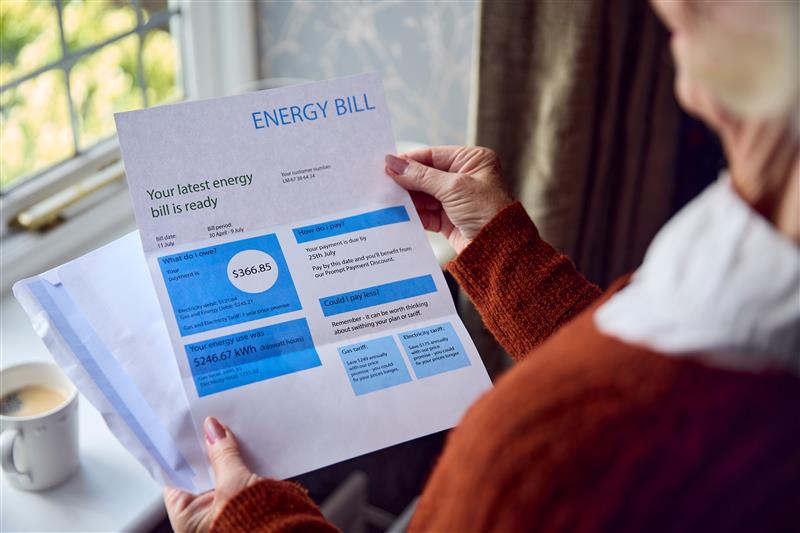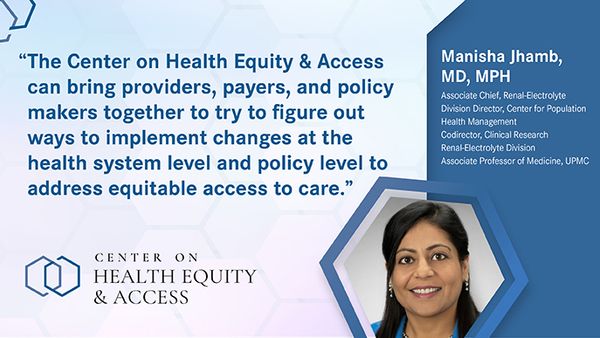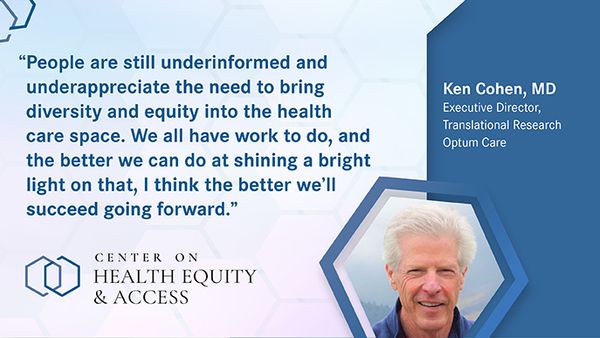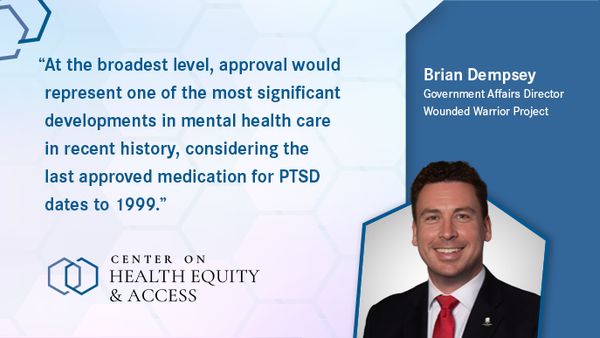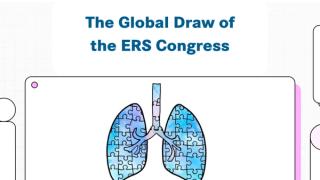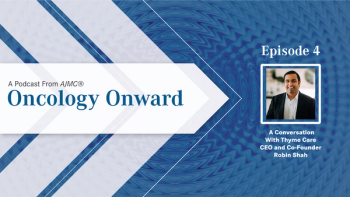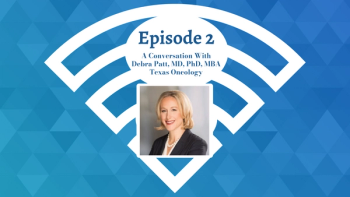
Center on Health Equity & Access
Latest News
Latest Videos

Podcasts
CME Content
More News
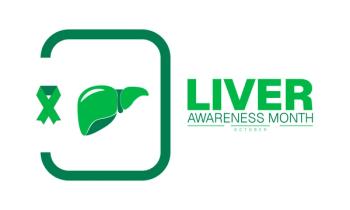
Liver Awareness Month raises awareness of liver disease causes, risks, symptoms, and prevention, highlighting individual actions and policy efforts.

Increases in global temperatures may exacerbate cardiovascular mortality risk in older patients with heart failure.
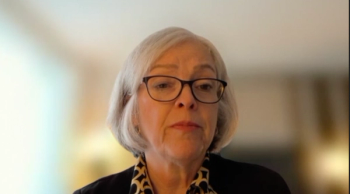
Susan Escudier, MD, FACP, of Texas Oncology, suggests actionable insights to improve equitable access to patient cancer care

Different cultural, linguistic, and systemic barriers could impact how Indigenous and Hispanic women access menopause care, said Lisa Taylor-Swanson, PhD.

Medicare Advantage grocery supplemental benefit use is associated with increased outpatient care, suggesting that policy changes allowing for nonmedical supplemental benefits could improve beneficiaries’ health, especially for dual-eligible beneficiaries.

Incorporating tools that gauge social determinants of health can improve patient access to cancer care, explained Susan Escudier, MD.

COVID-19–related work absences remain elevated post pandemic, especially in high-exposure jobs, highlighting lasting labor market impacts.

Digitized behavioral cough suppression therapy is a safe, highly effective, and accessible alternative to drugs for chronic cough, said Laurie Slovarp, PhD.

Melanie T. Turk, PhD, RN, discusses her study on nationwide challenges program suppliers face in implementing the Medicare Diabetes Prevention Program (MDPP).

Susan Escudier, MD, discusses the practical implications of financial barriers for patients with cancer accessing oncology care.

Physician burnout rates have decreased since the pandemic, but the likelihood of Medicare exits threatens access to underserved populations.
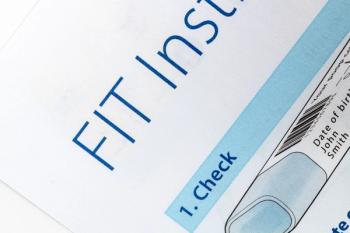
A study reveals disparities by sex, socioeconomic status, and location for colorectal cancer screenings.

Telehealth medication abortion service requests double after the Supreme Court's Dobbs ruling, as patients seek accessible and cost-beneficial care.

Telehealth abortion requests doubled after the Dobbs decision, especially for those far from clinics or seeking care before 6 weeks of pregnancy.

Despite advances, Arielle Kauvar, MD, calls for more research on laser and energy-based devices for patients with skin of color.

Intensivists gathered at the CHEST 2025 Annual Meeting to discuss how climate change is affecting and will affect their practice of treating pulmonary conditions.

The Hearing Loss Association of America advocates for early hearing loss detection, addressing mental health, and improving accessibility to enhance quality of life.

Colorblind energy devices and long-wavelength lasers are safest for darker skin, says Ariella Kauvar, MD, with a thorough patient history and physical exam key to preventing complications.

Arielle Kauvar, MD, says pre- and post-treatment care helps prevent hyperpigmentation and complications from laser procedures for all skin types, including skin of color.
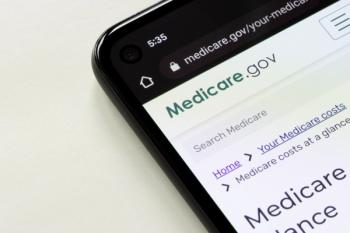
A new report shows Vermont, Utah, and Minnesota lead, while Louisiana, Mississippi, and Kentucky lag in Medicare performance.

Persistent racial, ethnic, and socioeconomic disparities affect the incidence and mortality of major female-specific cancers in the US.

Measures need to be taken to elevate engagement both from employees and the general public as public confidence in the US health care system declines.

Adults with diabetes were 24% less likely to visit an emergency department in 2021 than in 2019.

ACOs serving patients with complex needs are on the rise, but policy changes are needed to support providers treating special populations.

Payer contracts should incentivize the delivery of comprehensive, total-person cancer care, says Brian Mulherin, MD.

